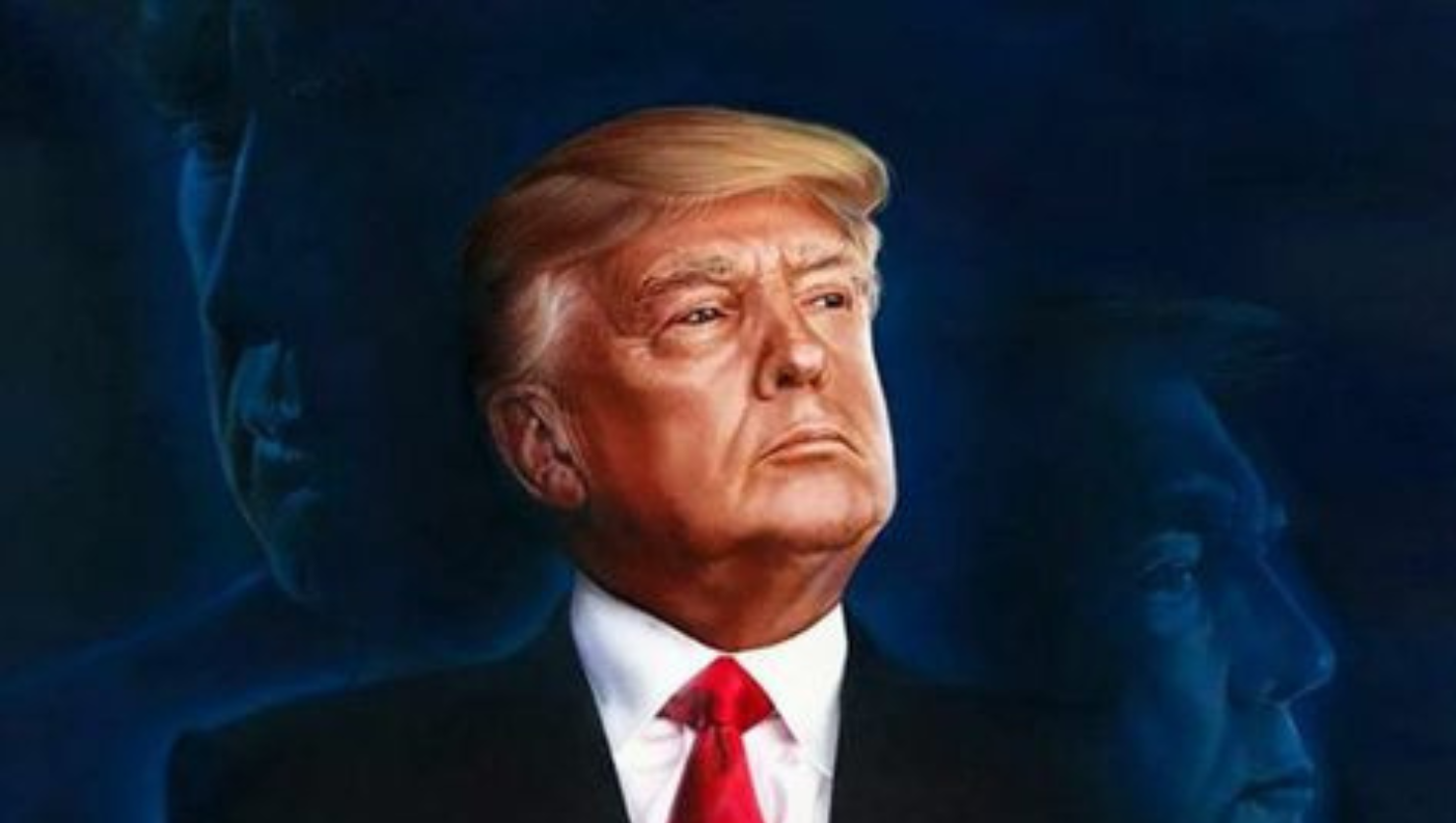Trump's 'Liberation Day' Tariffs & Death Penalty Demand: A New Era of Extremes?
On April 6, 2025, ex-President Donald Trump stole the headlines with a twin shockwave: the announcement of sweeping new tariffs under the banner of "Liberation Day" and a stunning demand for the death penalty in the high-profile case of Luigi Mangioni. Both pronouncements have reopened controversies surrounding economic nationalism, presidential excess, and the future of American justice and trade policy.
Liberation Day Tariffs: Economic Patriotism or Political Theater?
Trump's "Liberation Day" proclamation was presented as a defiant assertion of American sovereignty. Addressing a rally of supporters in Michigan, he rolled out a new round of tariffs on Chinese electronics, Mexican farm products, and European cars. "We're taking back control," Trump said. "No more being pushed around. Today marks our economic liberation."
The policy represents one of the most combative trade actions to date in his second term, reminiscent of his 2018-2019 trade war with China—but on an escalated scale. These latest tariffs are set to affect a vast array of consumer products, with the immediate ripple effects of escalating retail prices and overseas diplomacy anticipated.
Critics, including economists and trade experts, are warning of potential inflation and retaliatory tariffs from U.S. trading partners. "We’ve seen this play out before, and it’s American consumers who bear the brunt," noted economist Laura Jin. Meanwhile, Democratic leaders have condemned the move as “economic nationalism on steroids.”
Nevertheless, Trump's support base—specifically among home-based manufacturers and Rust Belt state workers—greeted the action as a patriotic gesture of defiance against global outsourcing. "It's about time someone put America first," said one factory worker in Detroit to Fox News.
The Luigi Mangioni Case: Justice or Judicial Overreach?
Later the same day, Trump shifted to another controversy—this one in the criminal justice sphere. At a rally in Florida, he commented on the ongoing trial of Luigi Mangioni, a technology entrepreneur charged with orchestrating a sophisticated financial fraud scheme with connections to political donors from both parties.
What stunned the country wasn't the debate over the case—it was Trump's answer: "He deserves the death penalty. No mercy for traitors who steal from the people."
Legal analysts were shocked. Mangioni hasn't even been convicted, and the crime, which is serious, is a matter of white-collar crime—not something that is ever linked to capital punishment. Trump's comment that very quickly ignited outrage from former Department of Justice officials, civil rights organizations, and legal scholars, including many warnings that the President was setting a perilous precedent.
"This type of rhetoric circumvents the principle of due process," stated Columbia Law Professor Anthony Ramirez. "Demanding a death penalty before a verdict is irresponsible and authoritarian."
But to his staunchest defenders, it was another indication of Trump's plain-talking, no-nonsense crime-fighter image. Twitter and other social media platforms burst with plaudits from populists and hardline justice analysts.
The Bigger Picture: Trump's 2025 Strategy
Both the tariffs and the Mangioni remarks neatly fit into what observers are referring to as Trump's "new era of extremes." Whether preparing for another presidential run in 2028 or trying to shape the direction of the Republican Party, Trump appears to be doubling down on the strongman persona—aggressive, unapologetic, and unbending.
These actions, analysts say, are not so much about concrete policy results as about stirring up his base. "It's shock and awe politics," political strategist Hannah Wills opined. "Keep the media on Trump. Keep the base energized. Keep the opposition on its heels."
Conclusion: Strong Leadership or Dangerous Overreach?
April 6 might become a landmark day on the political schedule of 2025. With sweeping economic gestures and fiery legal posturing, Trump is once more making America confront hard questions: Where is the distinction between leadership and despotism? Can bold action and tough rhetoric cure deep-seated problems—or do they further widen the gulf?
While the nation is still working through the "Liberation Day" levies and outcry over Trump's demand for the death penalty, one thing can be said—the spotlight still remains Donald Trump's. And it is not getting out of that spotlight anytime soon.

